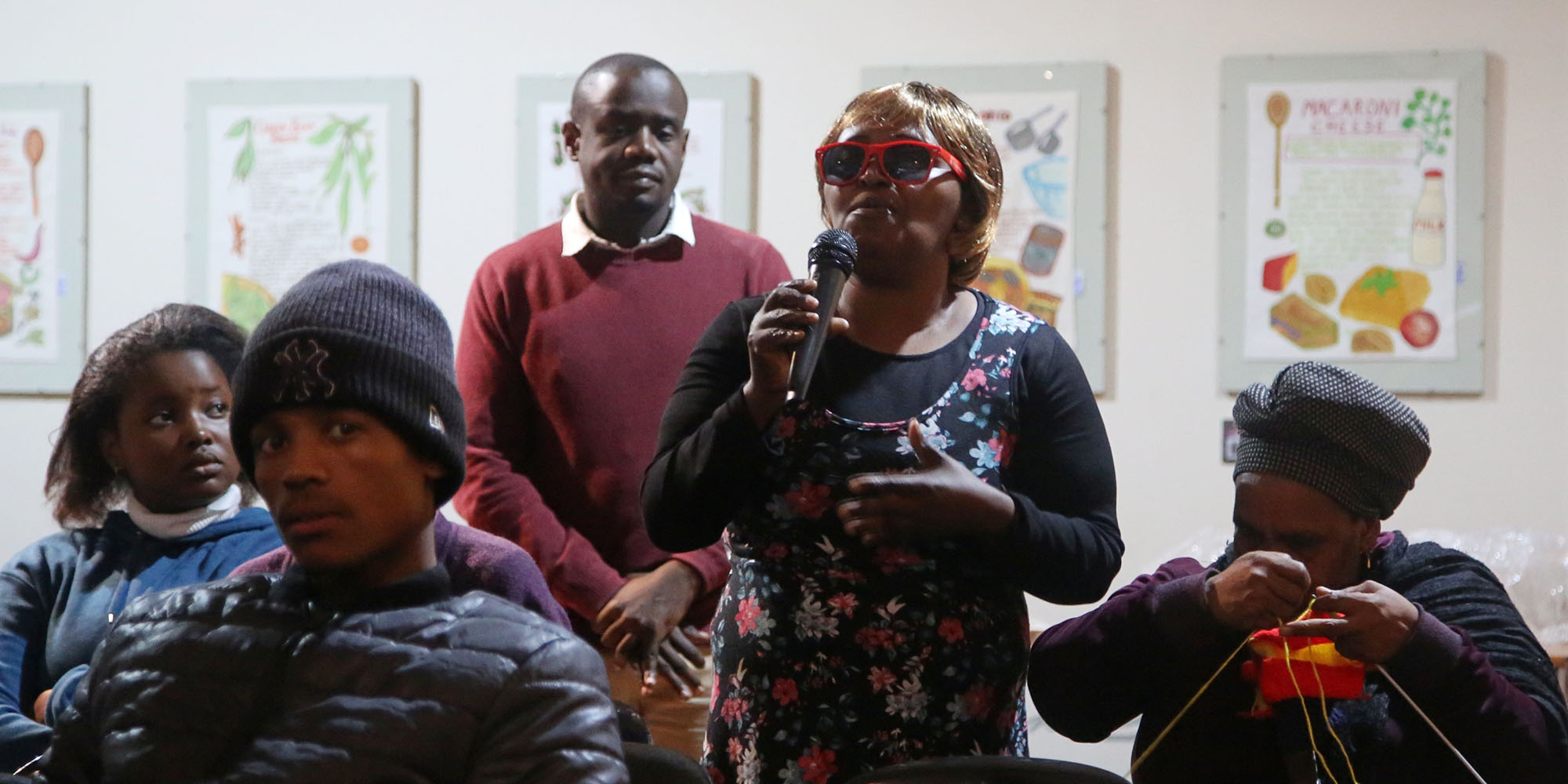“We’ve just gone through what many people and political commentators have called the most important and consequential election since 1994 and it’s a key moment in our country’s still young democracy,” Joel Bregman, the Director of civic organisation, My Vote Counts, told a gathering in Cape Town this week.
The organisation hosted a post-elections reflection with Former IEC Vice-Chairperson and Commissioner, Terry Tselane who faced tough questions from audience members who were disillusioned about the election process and democracy as a whole in South Africa.
Among the issues raised were the alleged incidences of “double-voting” which occurred during this year’s general election.
“What consequences are there for a private company that undermines our democracy by producing a defective marker?” asked one audience member.
In response, Tselane agreed that service providers should be held accountable for failing to do their jobs because the effects were untenable.
“Elections are such a sensitive issue that one mistake can cause a revolution,” he emphasised.
When asked whether South Africa is ready for online voting, Tselane felt that the main barrier for citizens was trust.
“If you don’t trust a manual system, how can you trust a system that you can’t ‘see’, ” he acknowledged, adding that people may think the technology can be manipulated to rig an election.
He, however, felt that electronic voting could resolve many of the issues facing the elections process.
“For example, by the time people are counting the votes, they are very tired. We’d want a machine that can actually count votes to lessen the burden on the electoral staff,” he suggested.
Tselane felt that one of the difficulties with the current elections process is “accountability”.
“There are many people who are concerned about the fact that governments get elected after every five years. And in-between, you don’t know what mechanism can be put in place to keep those people accountable,” said Tselane.
This was in response to an audience member who questioned whether South Africa would ever switch from a Proportional Representation (PR) system to a Constituency-Based system.
“Certain people are guaranteed positions (in Parliament) based on how they act in a party and not held to account based on what they do in their constituency,” she said.
Tselane agreed that people want the freedom to recall a “defective” MP before their five-year term is up, however in both the PR and Constituency-based system, he’s never heard of a means to remove MPs “in-between” election years.

An audience member takes part in the question and answer session with Former IEC vice-chairperson Terry Tselane. (Photo: Sandisiwe Shoba)
Tselane also acknowledged that voter education is lacking in South Africa, where citizens are merely being taught how to cast a vote, yet are not being empowered about what their vote actually means.
“Some people in the rural areas vote for particular parties because they are told that if ‘you don’t vote for this party you won’t get your social grant’. We need to assist people to have agency in the voting process,” he said.
But the overall sentiment among audience members was that democracy is only enjoyed by an elite few.
“We are living in a post-apartheid, apartheid,” said one audience member.
“We are not living in a democracy, we are living in a demo-crazy,” said another.
Tselane, who was detained for his activism during the apartheid era, admitted that there are some “for whom democracy doesn’t mean anything”.
“But the freedoms we have now are better than what we had in apartheid,” he said.
Tselane, who has served for just under 20 years in the leadership of the Electoral Commission of South Africa, recently founded the Institute for Election Management Services in Africa, which he claims will “help grow democratic ideals” by assisting election bodies in Africa who have little experience or no experience at all in managing electoral processes.
The discussion, held at the District Six Museum Homecoming Centre, was facilitated by YouthLab’s Managing Director Pearl Pillay. DM



















 Become an Insider
Become an Insider